
Code: 04550415
Urban Reform and Its Consequences
by Susan Welch, Timothy Bledsoe
Throughout this century, reformers have fought to eliminate party control of city politics. As a result, the majority of American cities today elect council members in at-large and nonpartisan elections. This result of the turn-of ... more
- Language:
 English
English - Binding: Paperback
- Number of pages: 176
Publisher: University of Chicago Press, 1988
- More about this

35.40 €
Availability:
50/50 We think title might be available. Upon your order we will do our best to get it within 6 weeks.
We think title might be available. Upon your order we will do our best to get it within 6 weeks.We search the world
You might also like
-

Erinnerungsorte der extremen Rechten
77.68 € -
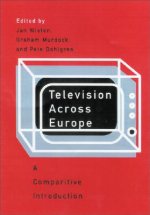
Television Across Europe
129.84 € -9 % -
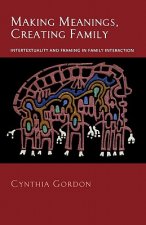
Making Meanings, Creating Family
46.71 € -
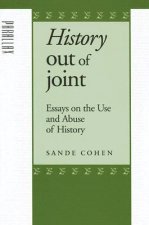
History Out of Joint
69 € -

Technology Entrepreneurship
79.90 € -
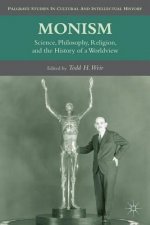
Monism
61.44 €
Give this book as a present today
- Order book and choose Gift Order.
- We will send you book gift voucher at once. You can give it out to anyone.
- Book will be send to donee, nothing more to care about.
Availability alert
Enter your e-mail address and once book will be available,
we will send you a message. It's that simple.
More about Urban Reform and Its Consequences
You get 89 loyalty points
 Book synopsis
Book synopsis
Throughout this century, reformers have fought to eliminate party control of city politics. As a result, the majority of American cities today elect council members in at-large and nonpartisan elections. This result of the turn-of-the-century Progressive movement, which worked for election rules that eliminated the power of the urban machine and the working class on which it was based, is today still a subject of lively debate. For example, in the mid-1980s, regular Democrats in Chicago sought to institute a nonpartisan mayoral election. Supporters thought that reform would make the electoral process more democratic, while opponents charged that it was meant to dilute the voting powers of blacks. Clearly, the effect of urban reform remains an important issue for scholars and politicians alike. Susan Welch and Timothy Bledsoe clarify a portion of the debate by investigating how election structures affect candidates and the nature of representation. They examine the different effects of district versus at-large elections and of partisan versus nonpartisan elections. Who gets elected? Are representatives' socioeconomic status and party affiliation related to election form? Are election structures related to how those who are elected approach their jobs? Do they see themselves as representatives concerned with the good of the city as a whole? "Urban Reform and Its Consequences" reports an unprecedented wealth of data drawn from a sample of nearly 1,000 council members and communities with populations between 50,000 and 1 million across 42 states. The sample includes communities that use a variety of election procedures. This study is therefore the most comprehensive and accurate to date. Welch and Bledsoe conclude that nonpartisan and at-large elections do give city councils a more middle- and upper-middle-class character and have changed the way representatives view their jobs. Reform measures have not, however, produced councils that are significantly more conservative or more prone to conflict. Overall, the authors conclude that partisan and district elections are more likely to represent the whole community and to make the council more accountable to the electorate.
 Book details
Book details
Book category Books in English Society & social sciences Society & culture: general Social groups
35.40 €
- Full title: Urban Reform and Its Consequences
- Subtitle: A Study in Representation
- Author: Susan Welch, Timothy Bledsoe
- Language:
 English
English - Binding: Paperback
- Number of pages: 176
- EAN: 9780226893006
- ID: 04550415
- Publisher: University of Chicago Press
- Weight: 242 g
- Dimensions: 218 × 142 × 15 mm
- Date of publishing: 01. April 1988
Trending among others
-

Women Who Run with the Wolves
9.88 € -17 % -

Women Who Run With The Wolves
13.51 € -29 % -

Second Sex
15.12 € -23 % -
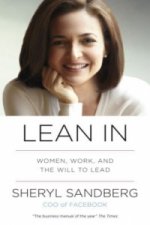
Lean In
12.80 € -23 % -
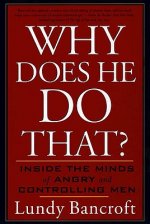
Why Does He Do That?
16.54 € -17 % -
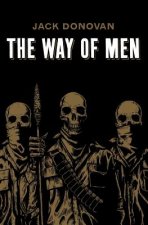
The Way of Men
13.01 € -23 % -
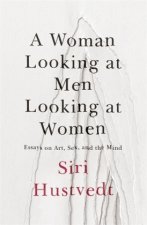
Woman Looking at Men Looking at Women
12.20 € -27 % -
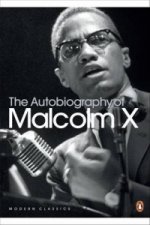
Autobiography of Malcolm X
10.18 € -23 % -
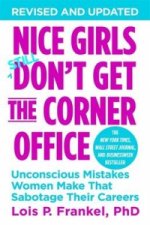
Nice Girls Don't Get The Corner Office
9.78 € -24 % -
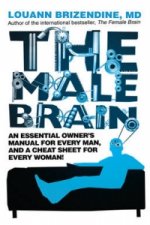
Male Brain
12.40 € -21 % -

Black Elk Speaks
20.57 € -9 % -
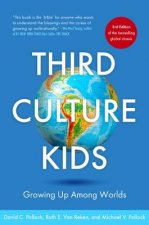
Third Culture Kids
19.97 € -22 % -
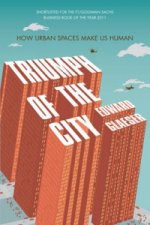
Triumph of the City
10.99 € -25 % -
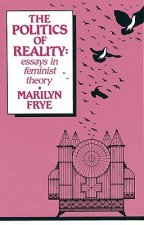
Politics of Reality
12.30 € -28 % -
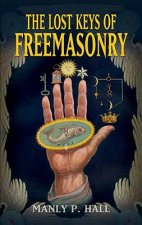
Lost Keys of Freemasonry
9.78 € -19 % -

Sioux Chef's Indigenous Kitchen
30.36 € -14 % -

Winona Ryder
14.62 € -3 % -

Pillow Book of Sei Shonagon
9.07 € -18 % -
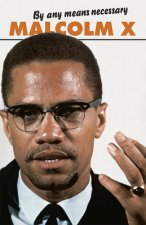
By Any Means Necessary
13.01 € -19 % -
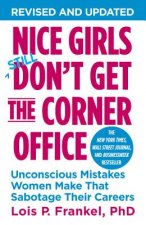
Nice Girls Don't Get the Corner Office
14.82 € -26 % -
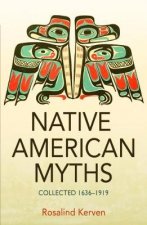
NATIVE AMERICAN MYTHS
18.25 € -28 % -
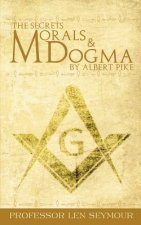
Secrets of Morals and Dogma by Albert Pike
7.96 € -28 % -

Dark Emu
15.23 € -28 % -

Maimonides-Essential Teachings on Jewish Faith & Ethics
16.13 € -19 % -
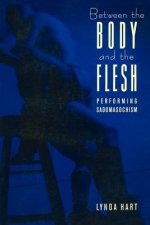
Between the Body and the Flesh
44.99 € -

Navajo Coyote Tales
16.13 € -19 % -

Queer X Design
21.88 € -21 % -
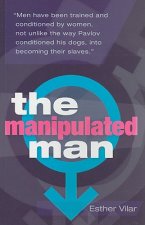
Manipulated Man
14.22 € -16 % -

Think Like a Monk
14.52 € -29 % -

The Mastery of Love
12.30 € -19 % -

Iron John
17.14 € -18 % -
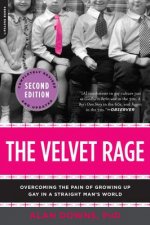
The Velvet Rage
16.23 € -23 % -
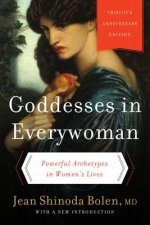
Goddesses in Everywoman
12.20 € -22 % -
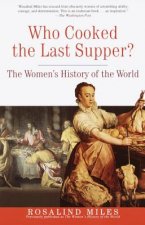
Who Cooked the Last Supper?
19.77 € -6 % -
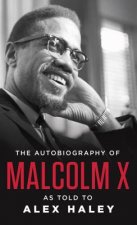
The Autobiography of Malcolm X
10.48 € -7 % -
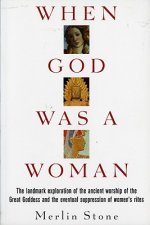
When God Was A Woman
19.66 € -2 % -
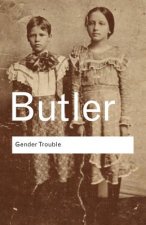
Gender Trouble
27.13 € -

Zami
10.08 € -24 % -

Letters to a Young Muslim
12.90 € -17 % -
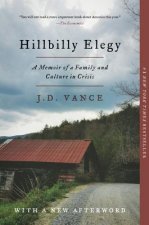
Hillbilly Elegy
12.60 € -36 % -

Tom of Finland. The Complete Kake Comics
21.08 € -
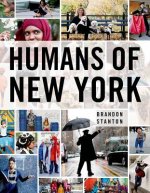
Humans of New York
25.72 € -16 % -

Desert Flower
10.08 € -24 % -
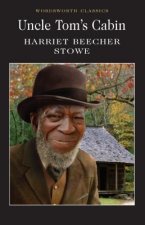
Uncle Tom's Cabin
4.83 € -19 % -

Indigenous Peoples' History of the United States
15.43 € -15 % -
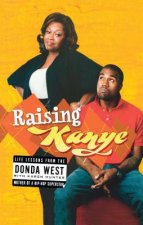
Raising Kanye
16.03 € -20 % -
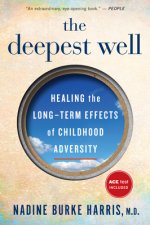
Deepest Well
16.54 € -17 % -

Hillbilly Elegy
21.08 € -

Native American Clothing
55.58 € -14 %
Collection points Bratislava a 2642 dalších
Copyright ©2008-24 najlacnejsie-knihy.sk All rights reservedPrivacyCookies


 15549 collection points
15549 collection points Delivery 2.99 €
Delivery 2.99 € 02/210 210 99 (8-15.30h)
02/210 210 99 (8-15.30h)